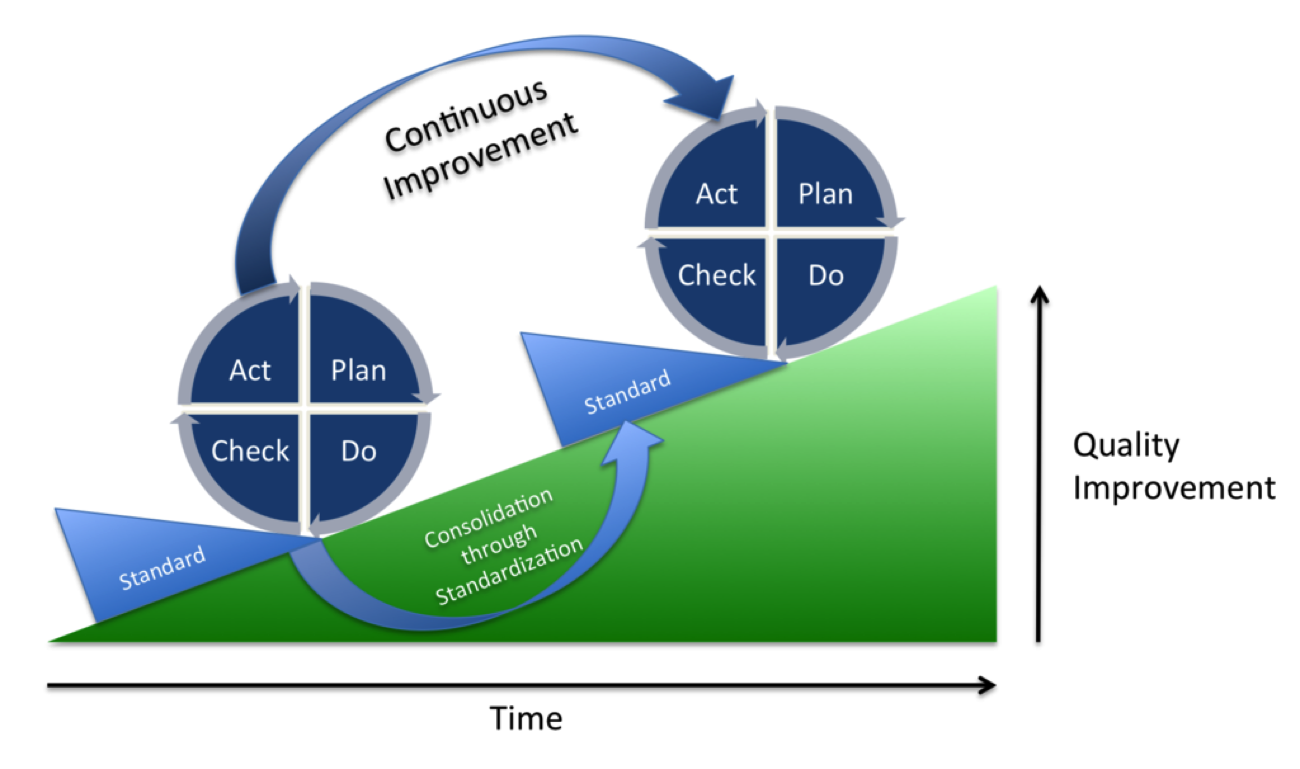A fundamental tenet of Continuous Improvement eliminating waste, including reducing the costs of non-quality rejects. While the capacity to produce large amounts of product in efficiently is very important in manufacturing, the quantity of rejects occurring in that time is even more important, as it affects profitability, wastes time, and is extremely costly.
Reducing the amount, or percentage of rejects throughout the production process will improve efficiency, cut down costs, and increase output.
Below are three ways that you can look at production in order implement continuous improvement and reduce rejects:
Past of rejects reduction
Considering what happened to cause the reject in the first place may give insight into a potential solution. There is no way to fix a problem without first understanding what the caused the problem in the first place. Through this kind of analysis, understanding what happened in the past will help to prevent future rejects.
Present of rejects reduction
Another important analysis is to look at the production line in the present. Analyzing where there are bottlenecks and problems within the line will not only help improve efficiency, but will reduce the amount of risk for rejects.
Future of rejects reduction
Finally, it is very important to consider the future. Preventive action, whether it be keeping machines clean and maintained, training workers so that they have a comprehensive understanding of the task and are willing to ask questions, or even using the present condition of the production line to plan on making improvements down the line, is potentially the most important to consider.
Future planning for cutting down on rejects can take on many forms, each which will in some way or another help to cut down on the amount of rejects.
Worximity is deeply committed to the philosophies of Continuous Improvement and Lean Manufacturing in food manufacturing. Using our IoT technology we provide company wide visibility into the statistics that matter to manufacturers and accelerate TTV (Time to Value) of investments in company culture and training to achieve outstanding productivity.
Get started by downloading our free Lean Manufacturing Ebook.
















